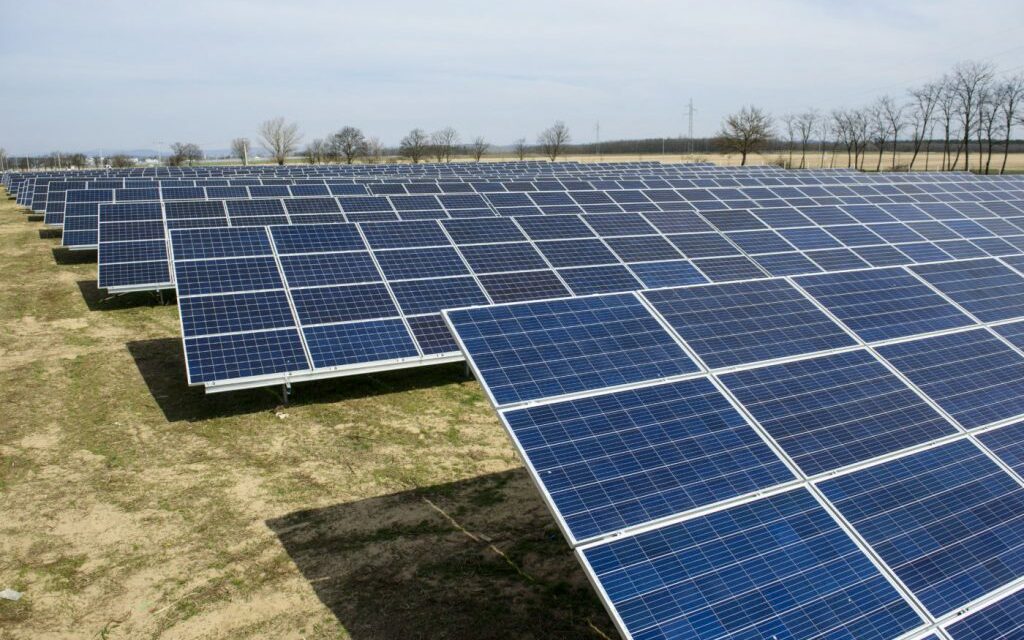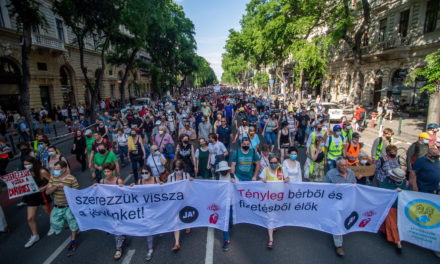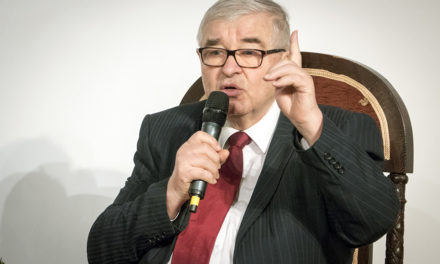The continent's competitiveness may weaken for many years due to the lack of cheap and abundant Russian energy. The green transition will not be enough to solve the problem, especially since the raw materials for battery and solar panel production are mostly in the hands of China. Is there a way out of the trap?
The basic conditions ensuring the operation of the European economic model changed with the outbreak of the Russian-Ukrainian war, so the competitiveness of our continent was threatened both with America and Asia.
Separation from cheap Russian energy sources threatens a decline in European industrial production, while the United States and the Far East offer companies more favorable conditions. China is already the world's largest producer of solar panels and the market leader in exporting batteries for electric vehicles.
However, energy prices are only one side of the coin. The EU's technological disadvantage against the USA has also been increasing for some time. And if that weren't enough, the green transition, which is taking place much faster than planned - mainly due to exposure to raw materials - further weakens Europe's strategic sovereignty. Consider, for example, the raw materials for solar panel or battery production: most of the deposits are in China's sphere of interest. Both EU and national economic policies must provide quick and effective responses to these challenges, which have intensified in recent years, so that the future and competitiveness of our continent is not put in even greater danger.
Until now, Europe has based its growth model on mutual dependence: it entrusted its military defense to the United States, built its export-oriented economy on the growth of Asian markets, and competitive industrial production was based on cheap Russian energy carriers and raw materials.
However, the East-West balance that ensured the operation of the model was disrupted due to the coronavirus crisis, the war and the resulting energy crisis. The inadequacy of defense spending and the vulnerability of global supply chains have come to light. By renouncing limited substitutable Russian raw materials, the European Union obliged itself to purchase much more expensive energy sources. Together, these events threaten not only the EU's industry, but also its strategic sovereignty.
the entire Mandiner/Makronóm article here.
Author: Santo Martin
Picture: Péter Komka












